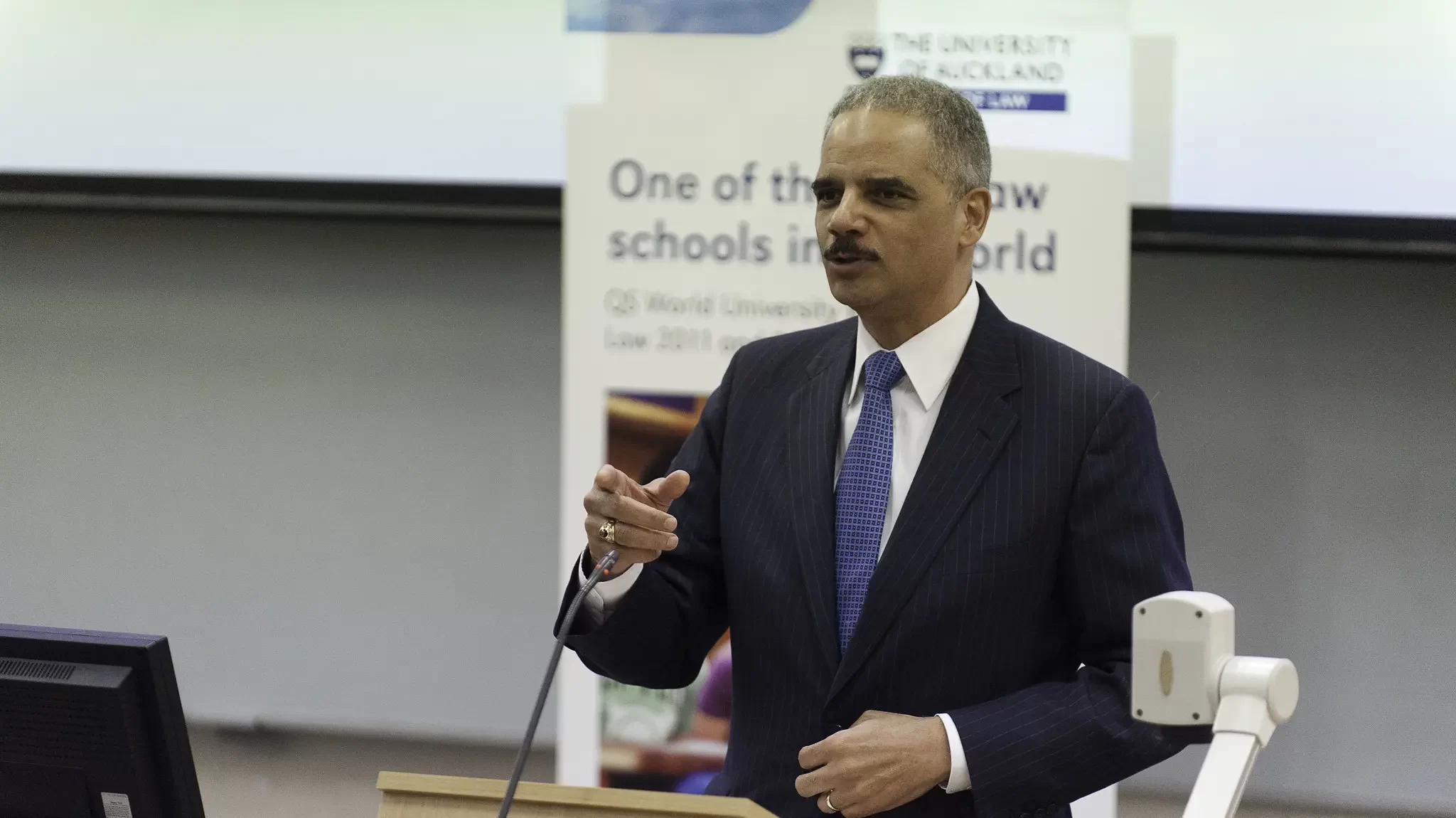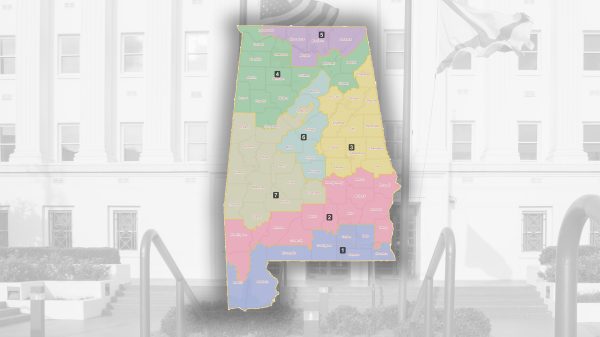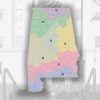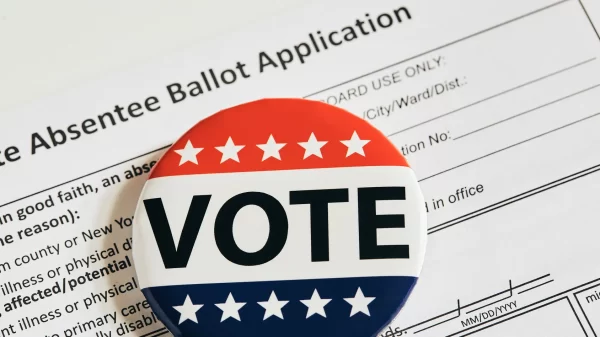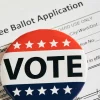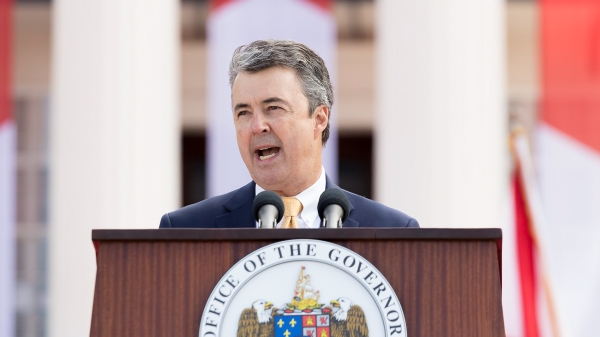|
Getting your Trinity Audio player ready...
|
It has been one year since the U.S. Supreme Court’s landmark decision in Allen v. Milligan, a ruling that reinforced Section 2 of the Voting Rights Act. As a result of this decision, Alabama, Louisiana, and Georgia have adopted more representative electoral maps, including additional Black opportunity districts for the 2024 election. This case was initiated by the National Redistricting Foundation (NRF), the 501(c)(3) affiliate of the National Democratic Redistricting Committee (NDRC), in support of the Caster plaintiffs. The Caster case was consolidated with a similar case brought by the Milligan plaintiffs, and the NRF continued to direct the legal strategy and provide financial support as the case advanced to the U.S. Supreme Court.
“Allen v. Milligan has brought more representative electoral maps to states once thought to be unreachable in the fight for equal representation, including Alabama, Georgia, and Louisiana. This incredible progress is worthy of celebration—all the more so because it did not come easily,” said Eric H. Holder, Jr., the 82nd Attorney General of the United States. “From defying federal court orders to attempting to use litigation as a vehicle to roll back voting protections for citizens, the resistance to the enforcement of Allen v. Milligan over the past year mirrored the sordid history of the Jim Crow era. That continued, concerted effort to achieve unearned, illegitimate power at the expense of communities of color demonstrates that our country remains too far from the Promised Land envisioned by those who sacrificed their lives for civil and voting rights.
“As we reflect on this landmark decision, we must not only recognize progress, but we must also resolve to do more in the struggle for justice and equality. True equity can only be achieved when the bedrock of our democracy is secure and the fundamental rights of all American citizens are protected and upheld—not through delusory notions of a self-identified race-blindness. In order to make that vision a reality, we must preserve the legal projections for every citizen’s right to vote and that starts with renewing efforts to reinstate and reinvigorate the Voting Rights Act of 1965—in its entirety,” Holder concluded.







































